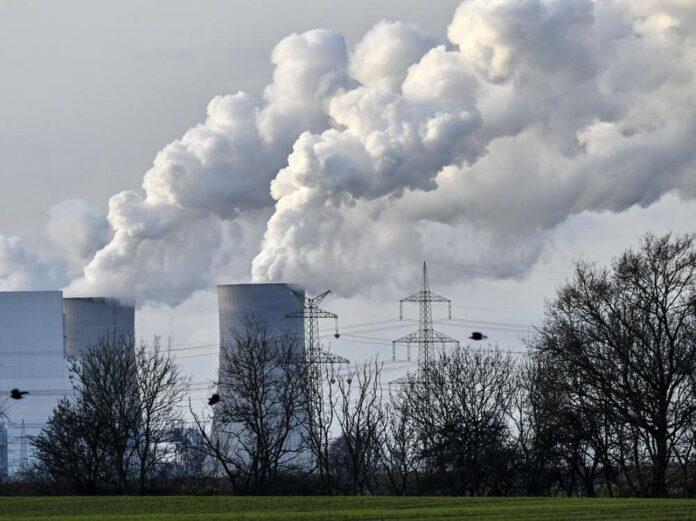The German government is overestimating the impact of its recently announced climate protection efforts and will likely make less progress on reducing emissions than it currently assumes, according to Bloomberg.
The country aims to cut carbon dioxide emissions by nearly two thirds until the end of the decade compared to 1990-levels, but is likely to miss that goal “substantially,” according to a report by expert advisers published Tuesday. Plans to improve the climate impact of the transport sector are particularly likely to fall short.
As one of Europe’s biggest polluters, Germany is facing pressure to switch to cleaner forms of energy and industrial processes to reduce its contribution to climate change. While the government said its latest measures announced in June would help narrow the gap to its 2030 emissions goal to about 200 million tons of CO2, the experts warned that the miss will likely be larger.
“The expected overall reduction is probably overestimated,” said Hans-Martin Henning, chairman of the Expert Council on Climate Issues. The committee warned the discrepancy could eventually result in Germany facing financial penalties levied by the European Commission.
The country’s new climate plan focuses on reducing emissions across the economy, rather than setting goals for particular sectors as was done previously. While the experts said it contains “important innovations” that can help cut pollution, they added that data provided to them by the government was insufficient for confirming the program’s efficacy.
“We see a need for action by the federal government both with regard to improving the data basis for climate policy, with regard to closing the remaining target gap and with the development of an overall concept,” said vice chairwoman Brigitte Knopf.
Germany this month approved a €212 billion climate and transformation fund to push the country’s transition. The figure was not part of the advisers’ calculations, who said the money could help expand the rail network. However, they argued that reducing combustion engines is key for lowering transport-related emissions, an aspect that hasn’t been sufficiently addressed by the government.
Politicians also tend to overestimate the climate effects of a controversial ban on fossil-fuel boilers that was eventually watered down, according to the report.


